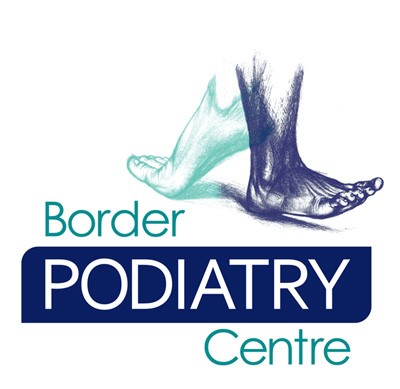As part of National Diabetes week – I thought why not give you a little bit about your feet and how all types of Diabetes can affect them.
Your feet are supplied with blood to keep them healthy. They also have a multitude of nerves that act as an emergency warning system. For example, if you have a stone in your shoe, nerves will send a message to your brain to investigate. However, if your diabetes is poorly controlled for a long period of time, this may lead to:
- Nerve damage, or “peripheral neuropathy”, which impairs sensation to the feet.
- Reduced blood supply, also known as “poor circulation”.
Nerve damage may mean that you no longer notice the stone in your shoe, due to loss of sensation to your feet. This could then lead to an injury you can’t feel, and possibly infection. This is no laughing matter. I once pulled a piece of lego out of a patient’s foot and they couldn’t feel it in there.
If you have poor circulation, any injuries or infections to your feet (i.e. cuts, burns or scratches) can take longer to heal and can also increase your risk of infection. This is due to less blood flowing into the arteries in your feet. Blood provides energy to working muscles and aids in healing any tissue damage. If you have poor circulation, you will need to take extra care to protect your feet from injury. Most foot problems in people who have diabetes occur when injuries and often infections go unnoticed and untreated, or when healing is delayed due to poor circulation
But don’t worry – it’s all not doom and gloom.
A six or twelve monthly foot assessment by your expert Podiatrist here at Border Podiatry Centre will help to detect any changes early before they become a problem. In a diabetes assessment we will examine your circulation. As a part of that we perform the gold standard tor pressure brachial index or TPI. This is where we test the amount of blood pressure getting to your toes and this tells us your risk of developing complications due to the circulation – it is actually pretty amazing what we can tell.
We will examine your sensation by testing reflexes, vibration and pressure sensitivity. And we will also look for general foot conditions that may lead to future problems. We work with you and for you to show you how to monitor your own feet, in between consultations.
We will keep you on your feet and with your feet at Border Podiatry Centre.

